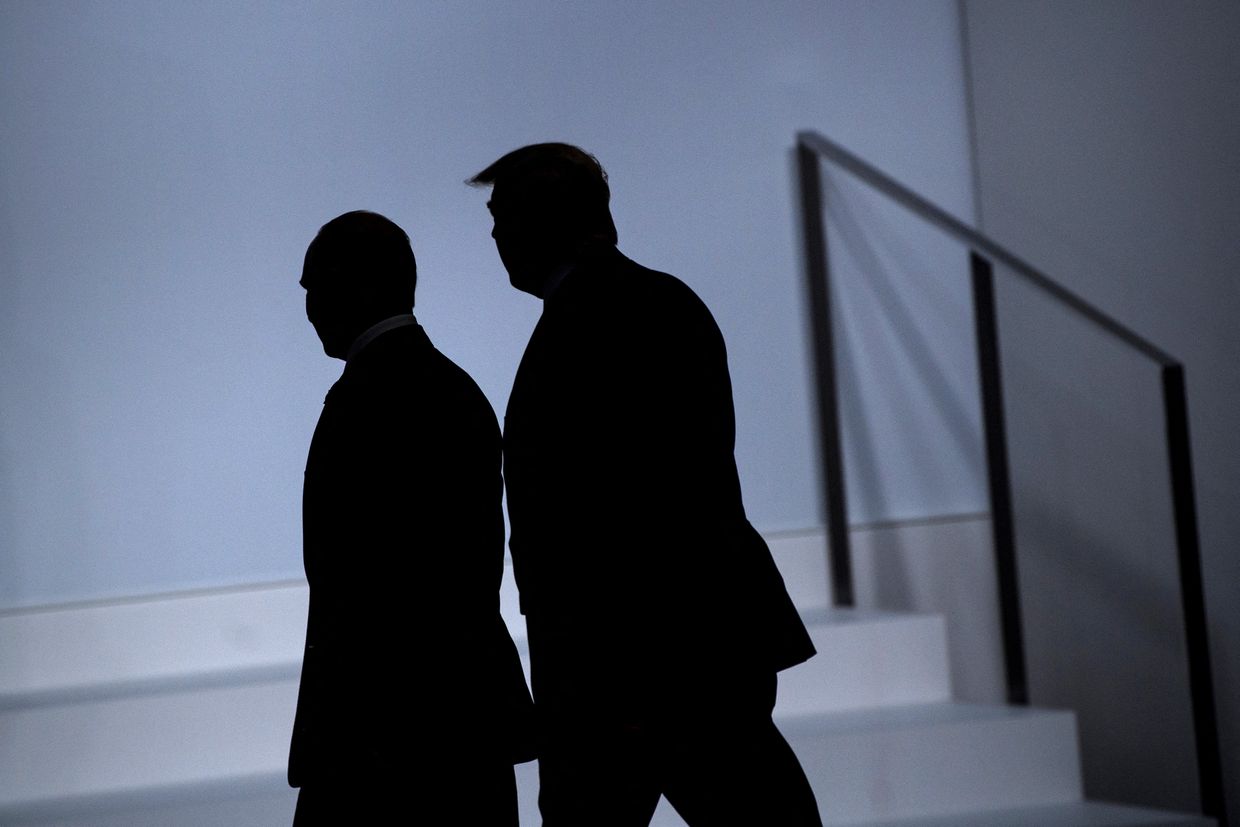'It is already being prepared' — Ukraine, Lithuania call for harsher sanctions against Russia in 18th package

Various European leaders are calling on the European Union to implement harsher sanctions against Russia in the upcoming 18th sanctions package.
Speaking to reporters in Brussels on May 20, Lithuanian Foreign Minister Kestutis Budrys said that harsher sanctions must be imposed as Russian President Vladimir Putin continues to reject a 30-day ceasefire proposal.
"Deception, disruption, distraction, and delay, and the whole point of it is to avoid sanctions," Budrys said, in a likely reference to Putin's phone call with U.S. President Donald Trump that yielded no commitments to a ceasefire. "We Europeans have to stop this vicious cycle and the instrument to stop it is to impose new sanctions."
Budrys' comments come following the EU's adoption of the 17th package of sanctions against Russia on May 20, primarily targeting its shadow fleet of oil tankers.
Budrys further called on the EU to target Russia's energy, liquid natural gas (LNG), oil, and nuclear fuel exports as well as financial institutions.
Estonian Foreign Minister Margus Tsahkna said on May 19 on X that the next package of restrictions is "already in motion."
President Volodymyr Zelensky echoed similar points in his evening address on May 20, stating that the next sanctions package "is already being prepared."
Zelensky further called for the EU to to apply additional sanctions on "Russian oil, the tanker fleet, all their energy infrastructure that finances the war, all their banks, all financial schemes, and Russia’s military industry."
"A new European sanctions package — the 17th — is already in place. This is a step in the right direction, and there should be as many sanctioning steps as necessary for Russia to become interested in peace and to feel the full price of its aggression and desire to prolong the war," Zelensky said.
Ukraine's European allies are tightening sanctions against Russia as Moscow refuses to cease fire. Despite Russia's refusal, no new U.S. sanctions have been imposed so far, with Trump saying that implementing sanctions "could also make it much worse," following the phone call with Putin.
Several media outlets reported on May 20 on European leaders' frustrations the lack of U.S. sanctions against Russia, with a senior European official telling the New York Times (NYT) that Trump "never seemed invested in joining sanctions on Russia," the publication wrote.
NYT further reported, citing a White House official, that Trump refuses to impose sanctions on Russia as it may hinder future business and trade opportunities with Moscow.











